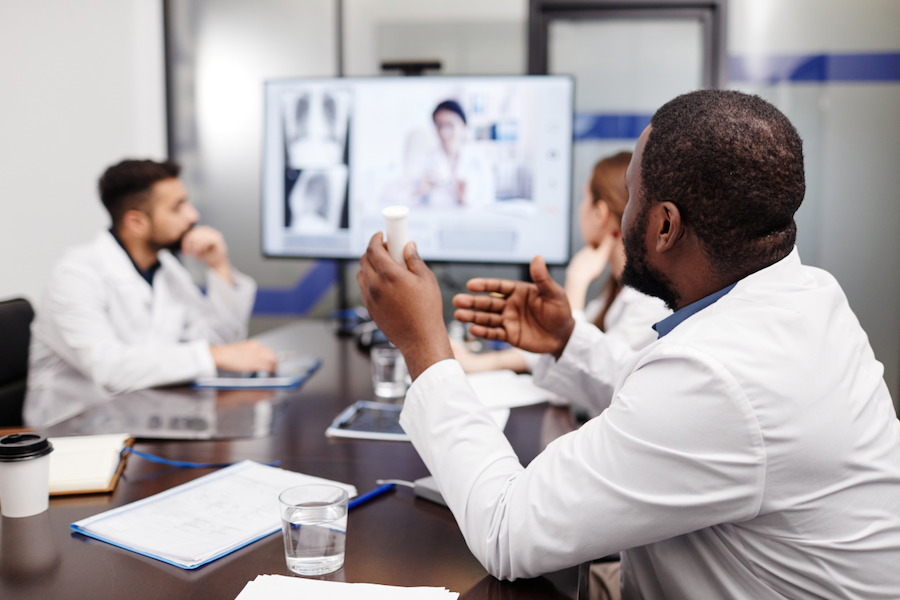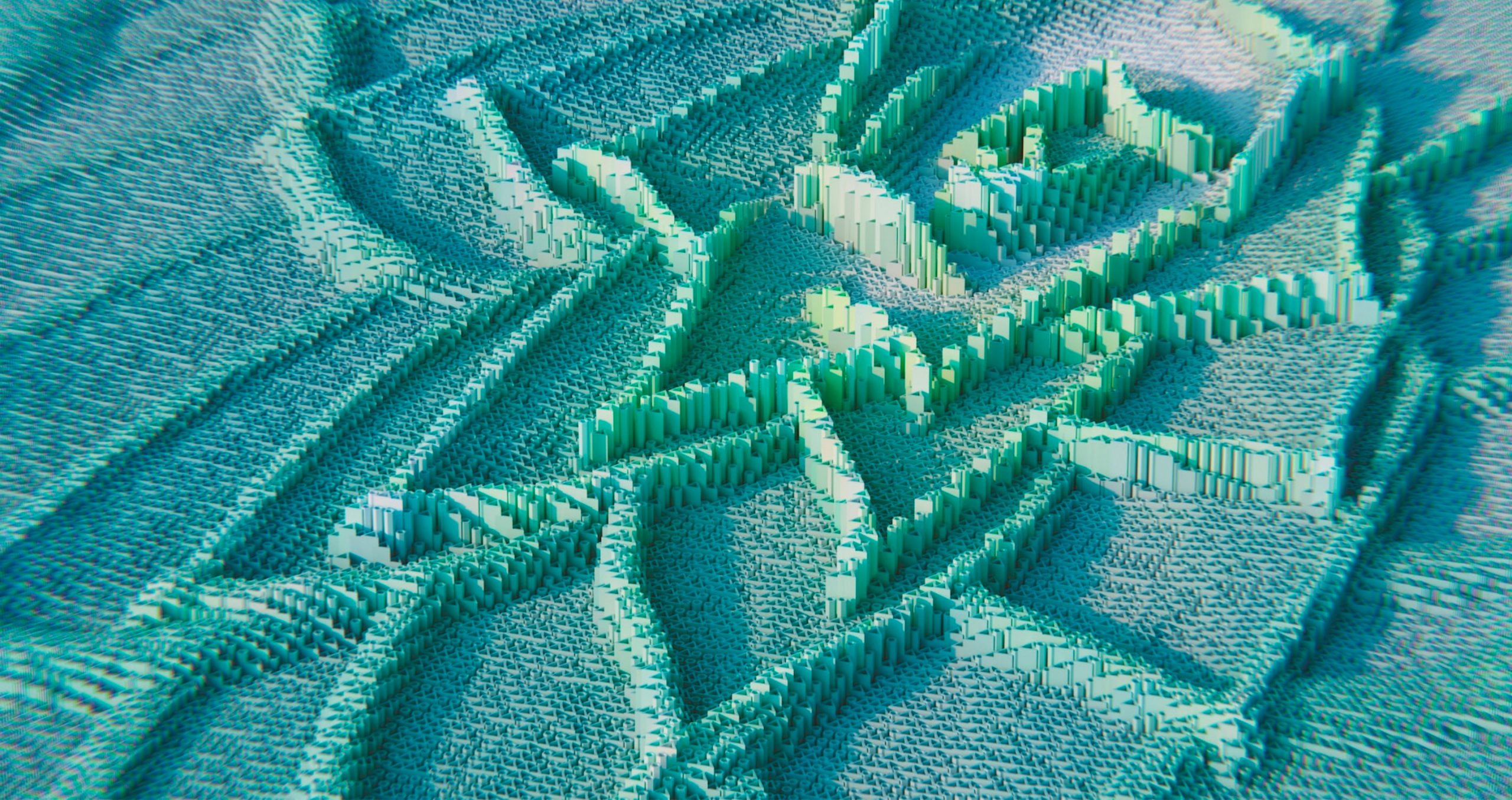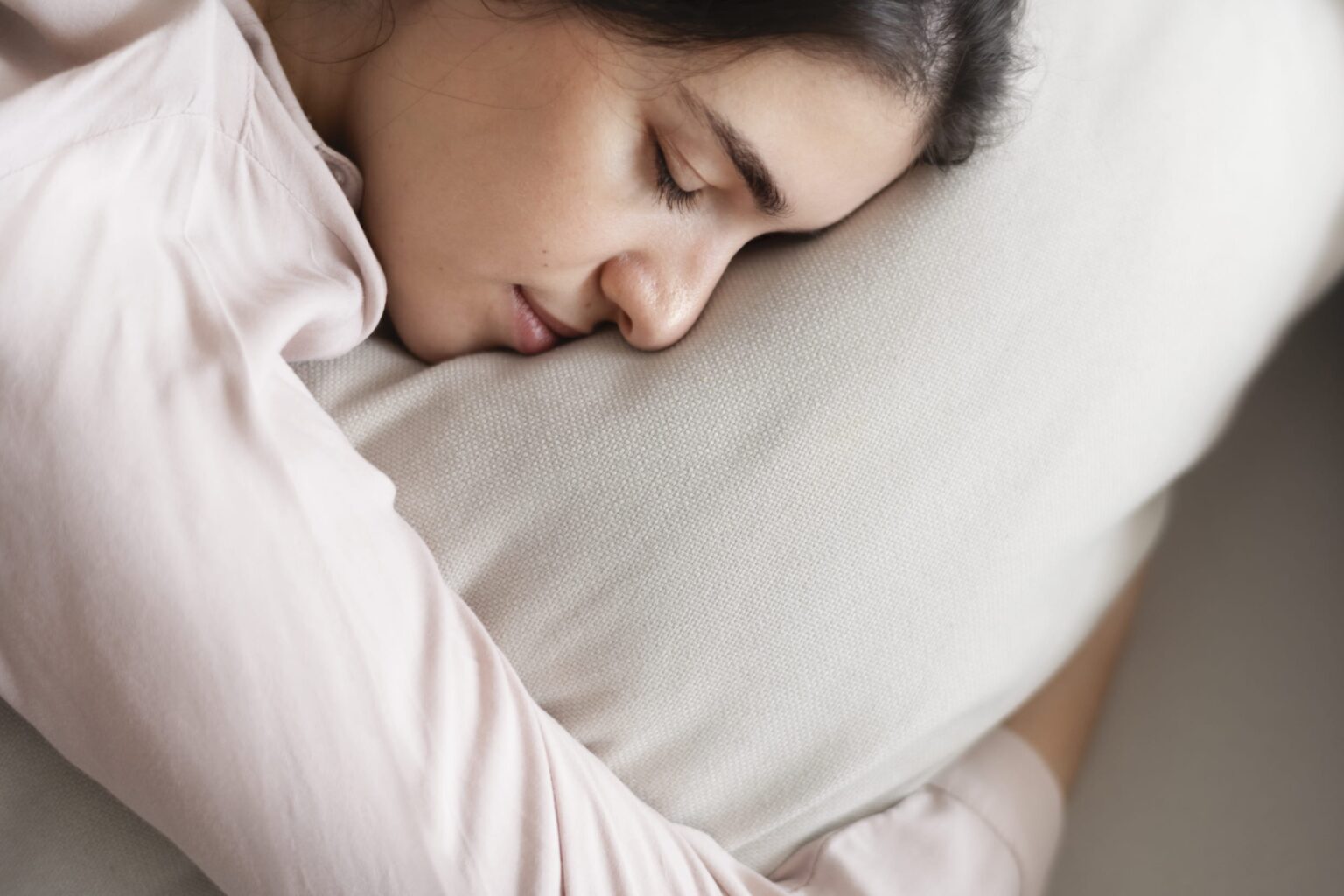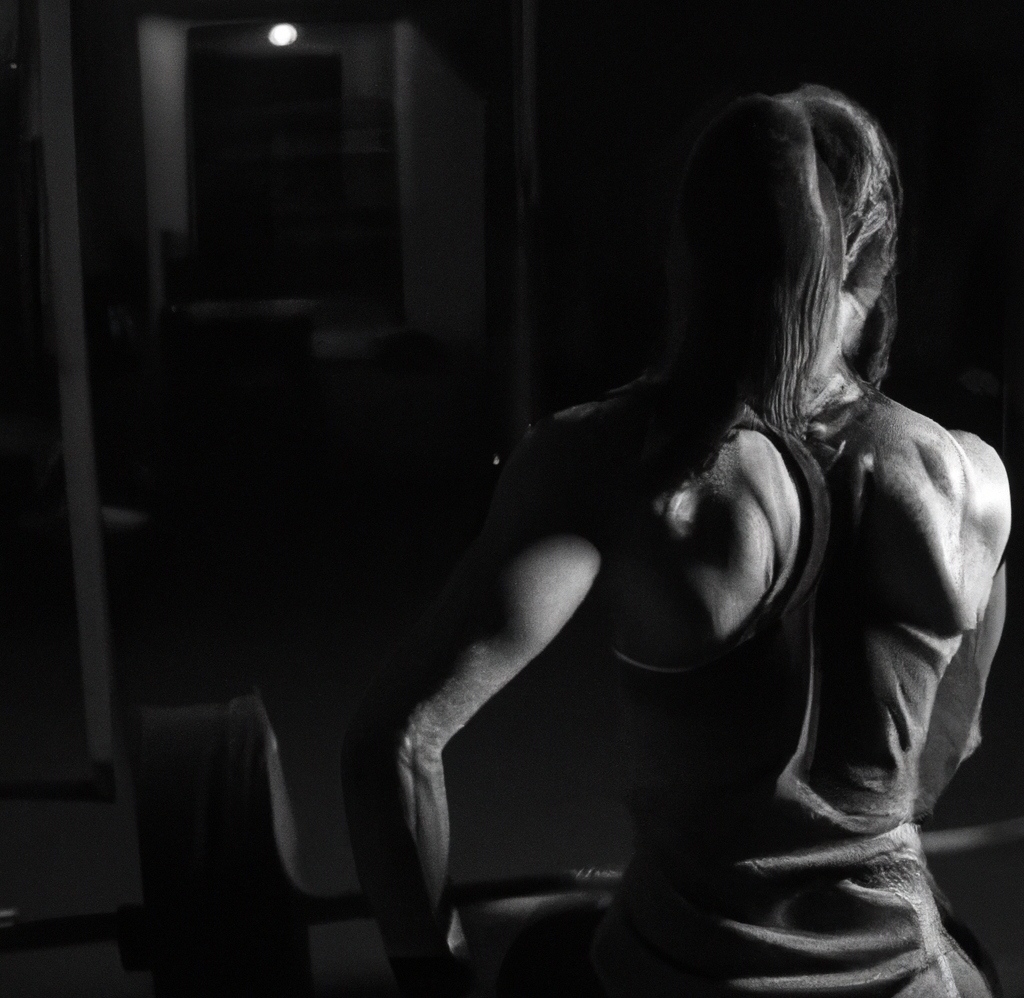
From a Unipi lecturer the first wearable device to support telemedicine diagnosis of sleep disorders
Dormi, and the diagnosis takes care of itself. That’s what it’s called, “Dormi,” the first wearable device that enables continuous monitoring of sleep disorders, scientifically validated and capable of providing the physician, remotely, with reliable clinical data that can be analyzed with certified algorithms. It was developed by Ugo Faraguna, a professor of physiology at the University of Pisa, who explains, “It is a normal sensorized bracelet, but we modified it to offer the doctor a diagnostic tool.” The egg of Columbus in time of digitization, that is, the one that makes it possible to move from do-it-yourself telehealth, whereby by now any of us can fiddle with a smartphone or a watch, to real telemedicine, in the hands of a doctor capable of making diagnoses and setting therapies. But in a little-explored area, that of sleep.
“Monitoring sleep disorders is difficult, because it requires (or rather, required, until yesterday) invasive instruments and time to do repeated surveys,” Faraguna continues. “It is crucial, though, because sleep quality affects health and is a major risk factor for the development of neurodegenerative diseases such as dementia and Parkinson’s disease.” So while we all learned to measure our blood pressure and consider it good the closer we got to the 120/80 gold standard, on our sleep we are still at the anecdotal or little more. And even doctors are often unprepared to talk about sleep and to consider the resolution of nighttime disorders as a fundamental act of prevention.
So Faraguna, a long time in Madison studying sleep physiology with Giulio Tononi (among the world’s leading experts on the subject), sensed the quantum leap enclosed in wearable devices and founded the startup Sleepacta. At first funding came from SAMBA, a small local incubator, and partly from crowdfunding, then came Red Lions, a Pisan-area investment fund. Today Sleepacta’s diagnostic bracelets are beginning to spread in the market and are expanding their customer base day by day among medical centers, hospitals, and pharmacy networks. “Our goal is to raise awareness of the importance of good sleep for mental health, and for health in general,” explains Sleepacta CEO Hannah Teichmann Prisco. That is, Faraguna clarifies, “Sleepacta wants to do what the sphygmomanometer did with hypertension.”
Ugo Faraguna will be among the speakers at the Converging Skills event: a five-day public discussion on technology transfer and open innovation organized by the University of Pisa to be held in June in the historic Aula Magna in the Sapienza building of the University of Pisa. Fifty speakers in five days: among them startuppers, entrepreneurs, investors, top managers and, of course, researchers and professors. Objective: to compare international best practices in technology transfer and open innovation and outline methods and paths of rapprochement between academia and the productive world

SOURCE: Unipi News








